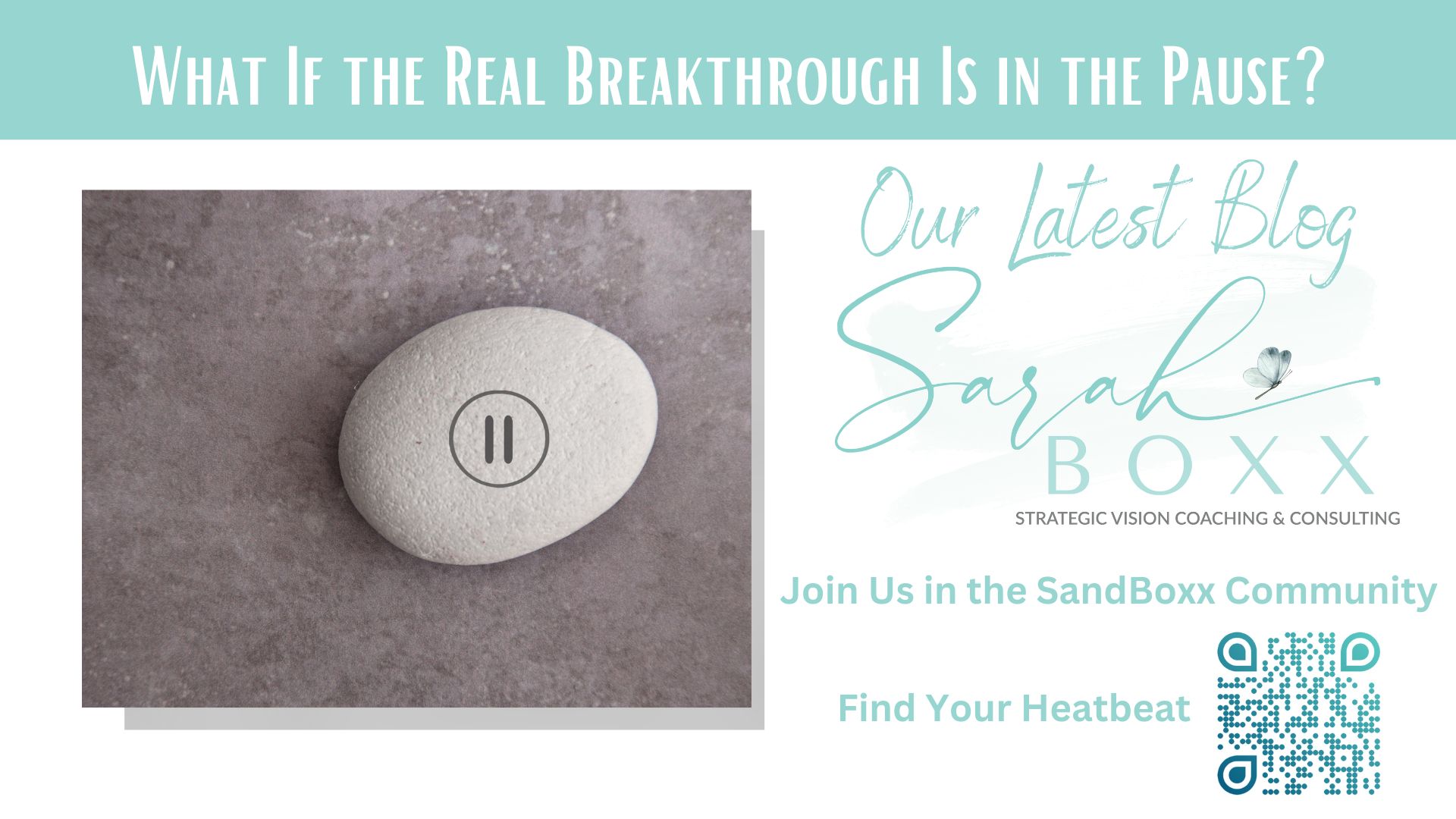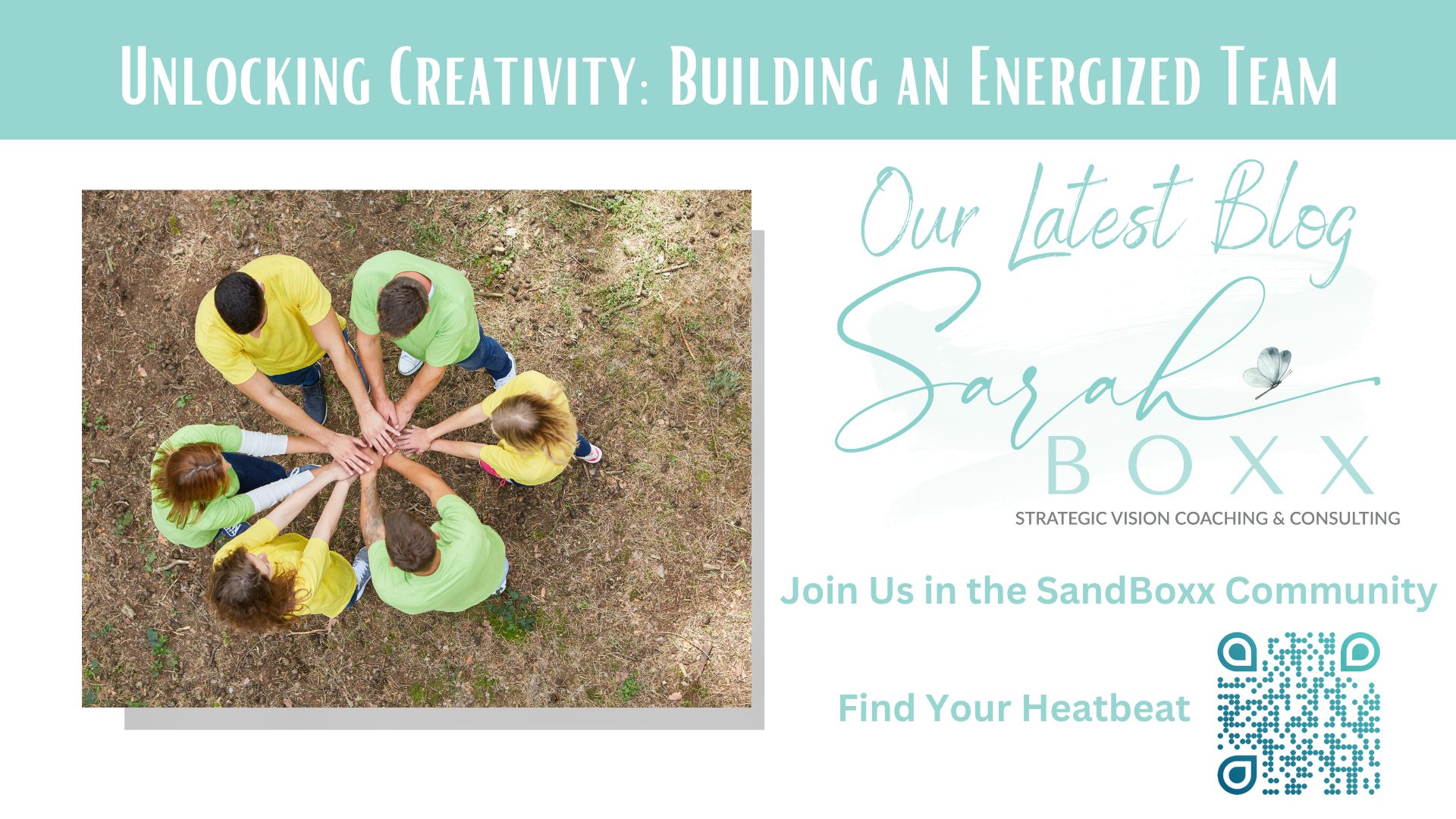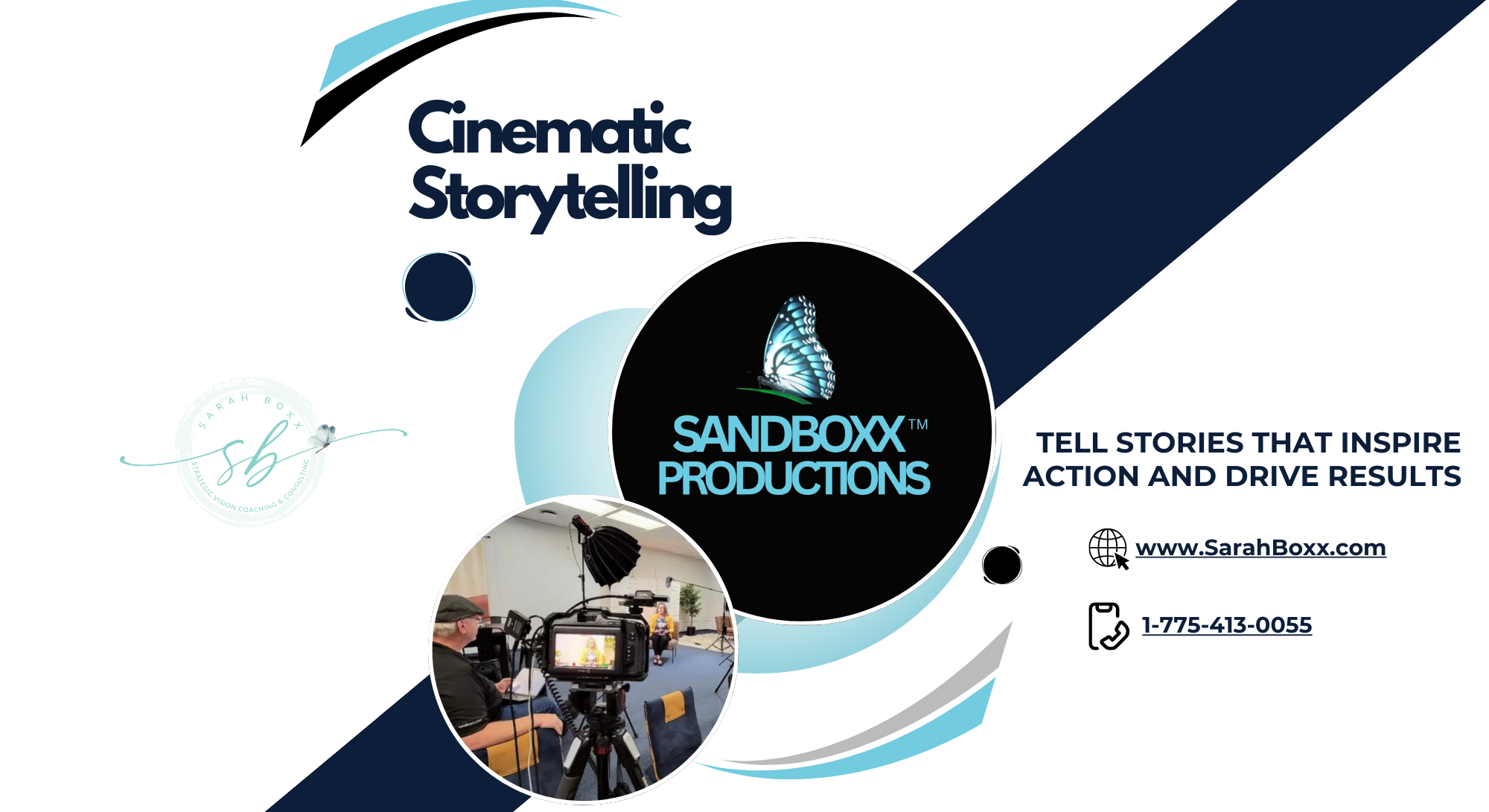You’ve probably heard it recommended to create a written agenda for any meeting you lead. This is a widespread tip that is offered to leaders everywhere, as a helpful tool for improving the overall effectiveness of their meeting facilitation.
But perhaps you’ve found yourself wondering:
- “Is an agenda really necessary?”
- “Does anyone actually use their meeting agendas?”
- “Is this just a waste of paper?”
Let me first say, yes, a meeting agenda is an important (and in my opinion, essential) tool for a good leader.
Why?
A well-written agenda outlines the goals and objectives for your meeting as well as the particular discussion points or tasks you hope to address. When properly utilized, a good agenda will keep you on track and allow you to make the best possible use of your time and resources. The time spent preparing your agenda ahead of time will pay dividends during your actual meeting.
An effective meeting agenda has several key components:
- Goals and objectives
Identify your end goal(s). What are you hoping to accomplish by the end of the meeting? What will “success” look like for this meeting? Starting with clear objectives will enable you to create pertinent agenda items.
- Meeting timeline by agenda item
Map out your time. Place each agenda item in the order you hope to address them. Estimate how much time each item will take and create a timeline that reflects the entirety of your meeting. This will help you to stay on task and will alert you to potential tangents and distractions that could rob you of productive time.
- Names of individuals assigned to particular tasks
If different members of your team are responsible for presenting or leading part of your team meeting, add their names to their specific agenda items. This will allow your team to better prepare for the meeting and know what to expect.
- Quick assessment/post-meeting debrief
Ask your team for feedback. How did the meeting go? What went well? How could we improve for next time? Taking just a few minutes to collect feedback will help you to improve your effectiveness with each meeting you facilitate. Apply at least one of the suggestions, otherwise the debrief will seem like it’s “all show and no go”, in other words, a waste of everyone’s time.
- A look ahead — goals for next time
Progress requires forward-thinking. Get your team in thinking about future growth by taking a few moments to address projects, goals, or discussions that will be relevant next time you gather together. This allows your team to begin thinking and preparing well in advance.
Taking the time to create an agenda for your team meetings can make a huge difference in your team’s overall productivity. When well-written and utilized, it can make the difference between “time well spent” and a “waste of time.”
Do you have a favorite agenda template you like to use? Drop a link in the comments below.
Article was contributed by: Maria Lees, Team Writer with Sarah Boxx




